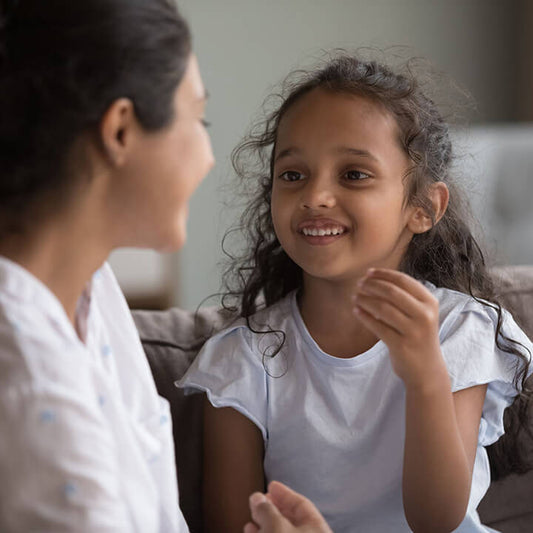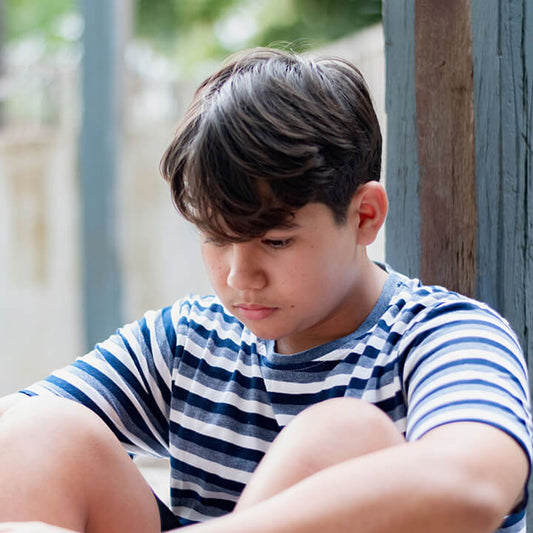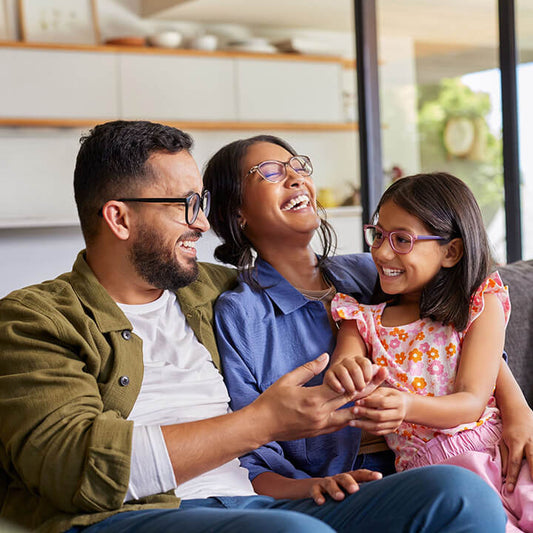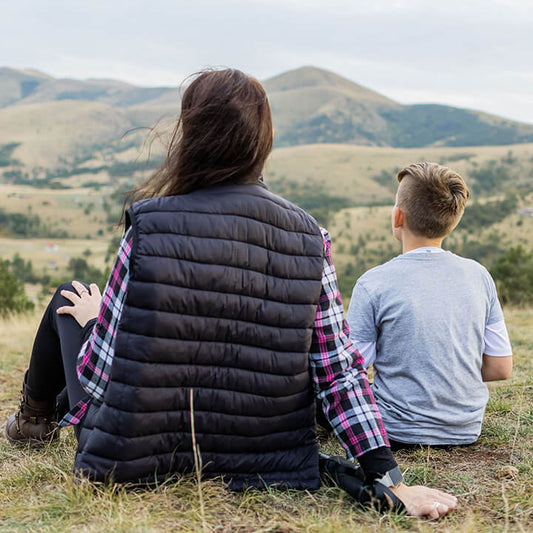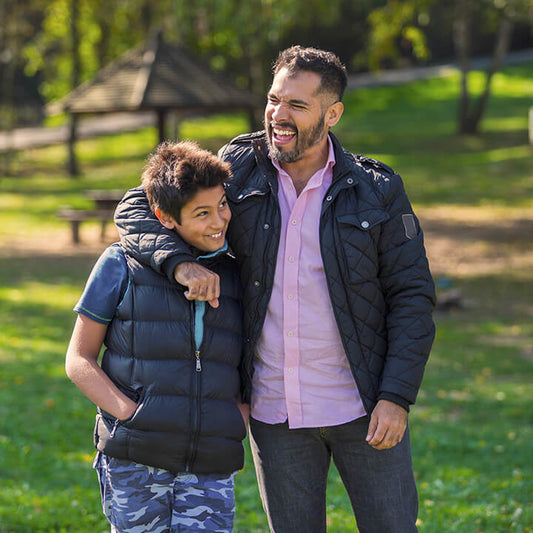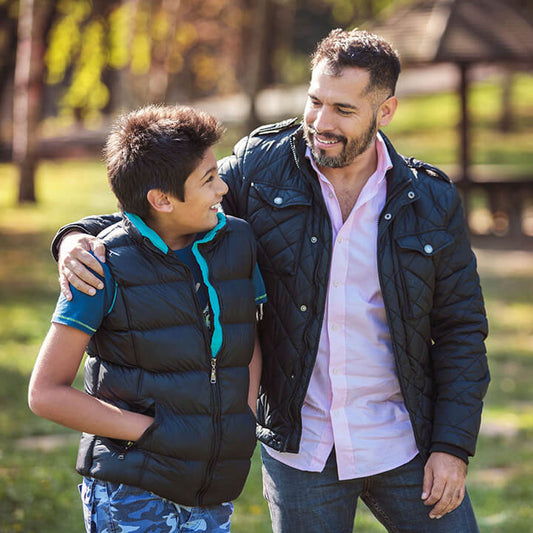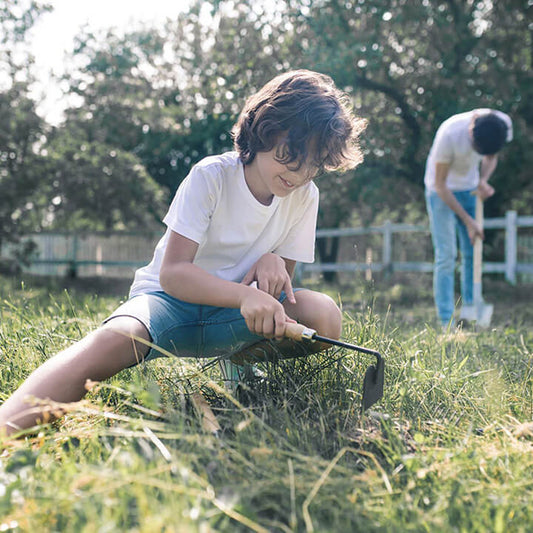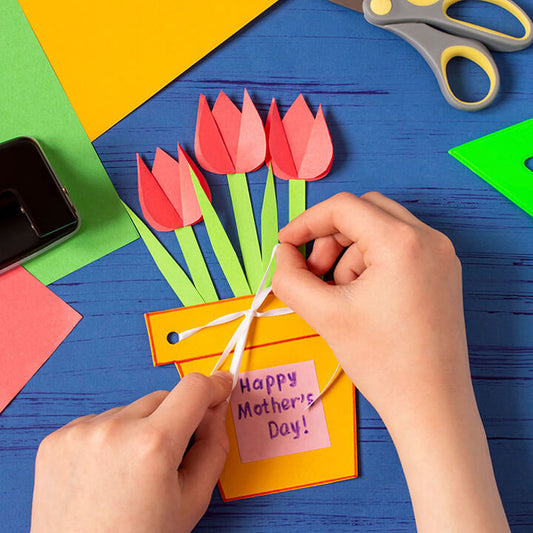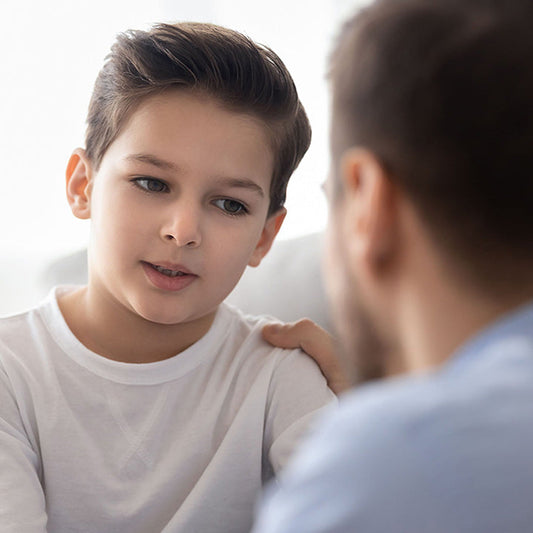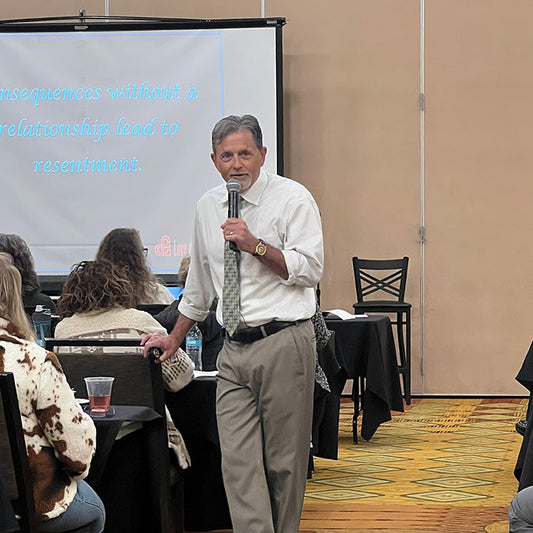A Clear Answer
First, I want to give a very complex answer to this question:
No!
No, it’s not selfish to take good care of yourself. It’s smart.
But since they expect me to make this blog post longer than a couple sentences, allow me to elaborate.
What “Take Good Care of Yourself” Really Means
First, maybe we should decide what we (the Love and Logic Institute) really mean when we say ‘take good care of yourself’.
We don’t mean ignore your kids’ needs while you indulge yourself in nonstop spa vacations. We mean things like setting firm limits and NOT taking on problems unnecessarily.
Of course, we end up helping our kids and solving (or co-solving) some problems. But Love and Logic adults hand small, affordable problems back to kids and TAKE CARE OF THEMSELVES by refusing to own problems they don’t need to own. These problems might include kids’ school projects, minor peer or sibling conflicts or feeling bored.
Why Stress Builds: Limits Not Set Up Front
Some of the most stressed-out adults I know remain so stressed out because they don’t set good limits. Instead of setting a good limit up front (such as ‘I allow use of the car when it is returned with gas in it’), they expend a lot of energy on the back end reacting and lecturing. Ex: ‘Why didn’t you fill the car back up?!’
The practice of setting better limits up front allows us to take better care of ourselves.
Self-Care for Educators and Professionals
If you are an educator or other professional, taking care of yourself might mean leaving some problems at work. Or leaving some work at work. It certainly will entail handing smaller problems back so that kids get practice solving them (while you get to keep some of your sanity).
Using Judgment and Love
As always, we all get to use judgment and common sense. And we (The Love and Logic Institute) are never going to suggest neglecting real needs or refusing to help out of spite or when kids really need it.
We will continue to make the case that handing back problems (in loving ways) IS taking care of yourself. And it’s good for the kids too! We will continue to make the case that setting better limits around what you will provide, expect or allow (think boundaries) IS taking good care of yourself - while modeling healthy limit-setting for those kids who are watching you.
Taking Care of Yourself Is a Win-Win
That settles it. Taking care of yourself is a win-win. You don’t need to feel guilty about it. In the end, taking good care of yourself will help you take better care of the ones you love. For more simple, practical ways to set healthy limits, the audio The Gift of Limits, provides calm, compassionate strategies for handing problems back and preserving your energy.
Thank you for reading and sharing!
Jedd Hafer

























